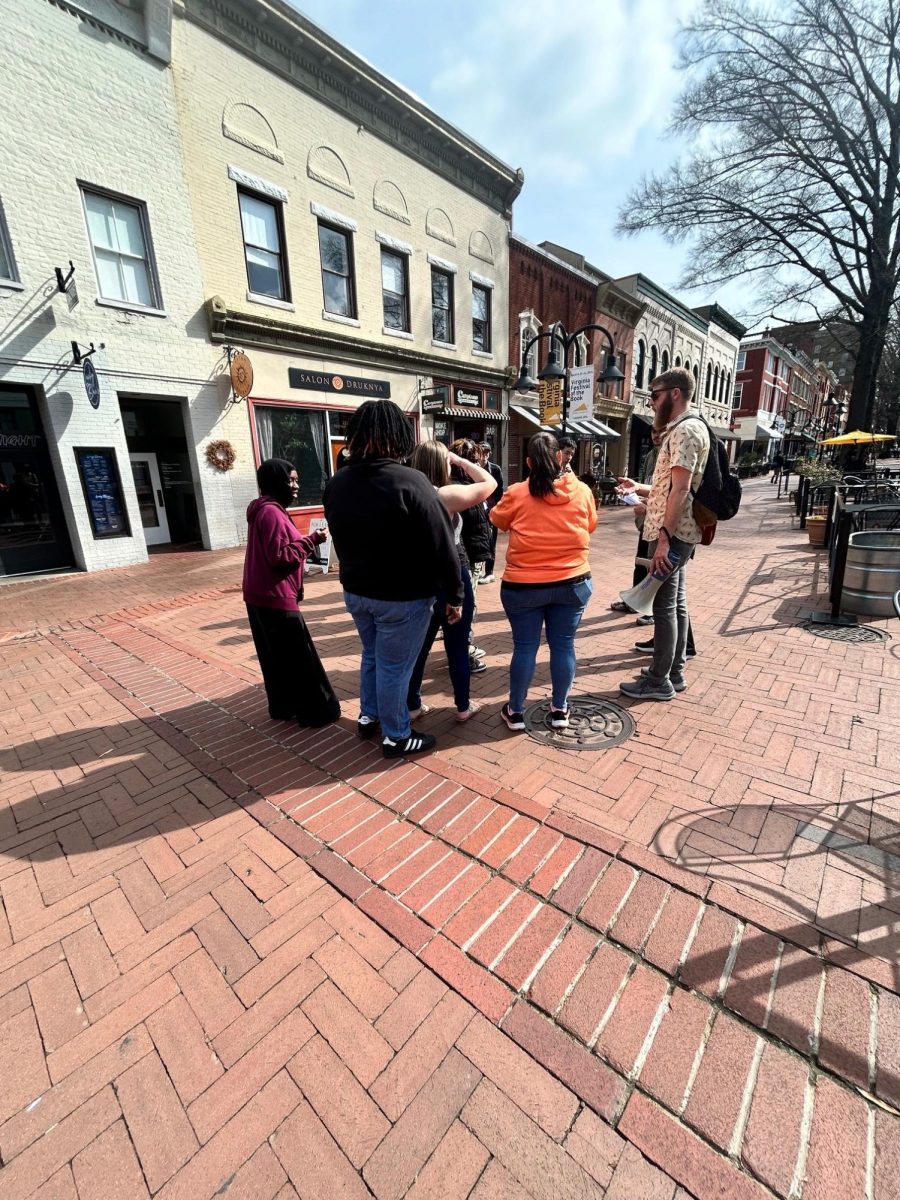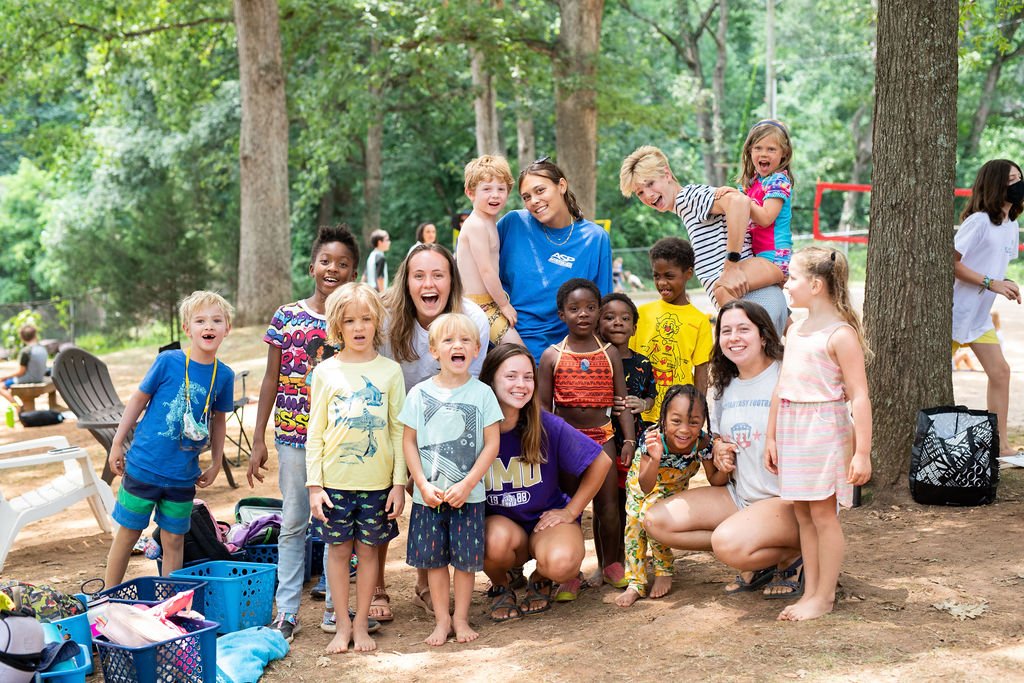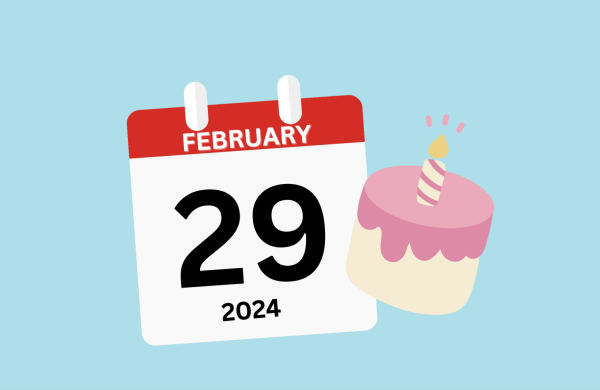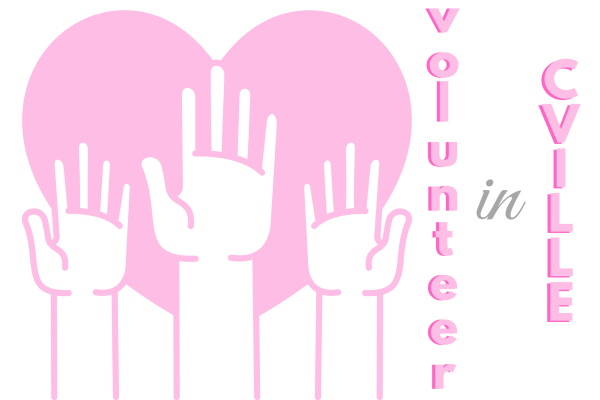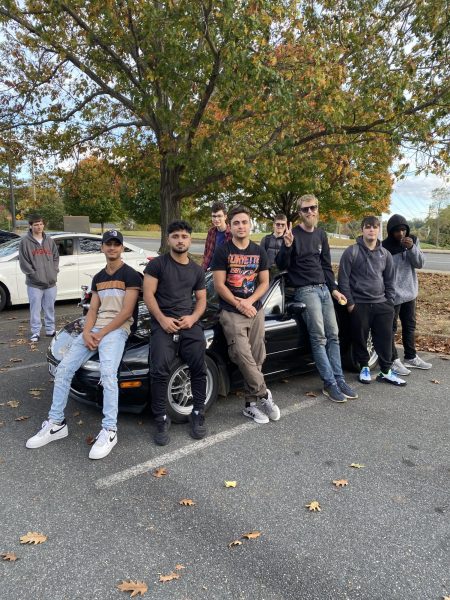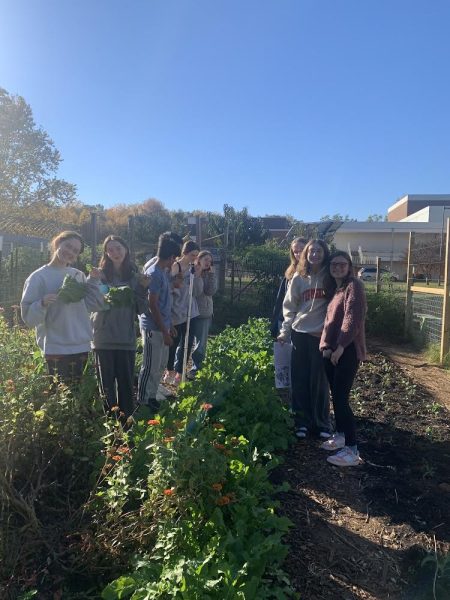Paths After High School
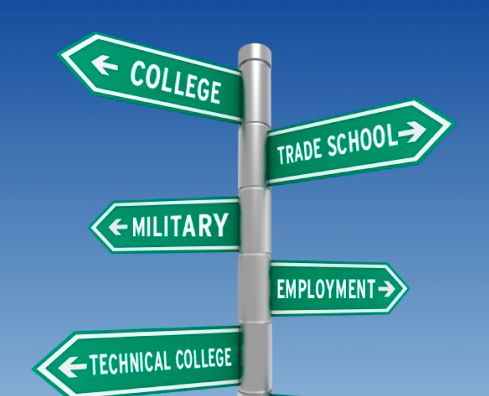
October 17, 2017
Throughout the life of a student, chances are they will, at one point, be heavily encouraged to go to college. For some people, their parents present college as the only option. When surveyed, 75.5% of C.H.S. students reported that they intended to go to a four-year college after graduation, possibly as a direct effect of this pressure. But for those less inclined to take this route, the many other tracks available are becoming more and more well-known.
“I’m thinking about taking a gap year to travel, to just go everywhere I can,” says sophomore Cleo Engle. Many programs offer travel options for students taking gap years, and a gap year can provide an opportunity that wouldn’t be available at other points in their lives. They can give someone a break after four years of hell. However, they can also throw students off course. Whether a gap year is the best option really depends on the student in question.
Other options include vocational/trade school, volunteer work, internships, the military, or going straight into the workforce. But, according to our study, college is still the most popular. 37 of 49 responders to a survey sent out by the K.T.R. on Canvas reported that they planned on attending a four-year college, and 47 of them plan on going to college of some kind.
“The best part of college is the freedom. No one is making me do anything; I’m responsible for going to class and eating decently healthy food and whatnot, and even though there are some requirements for which classes I have to take, those requirements are very broad, so for the first time in my life I’m only taking classes that I actually want to take,” says Grace Brecht, a C.H.S. graduate. “I’m taking French 311, German 311, Arabic 101, Intro to Linguistics, and my freshman seminar, which is called Science and Technology: Because We Can, Should We? My plan is to major in French with a possible double major or minor in German.” Brecht graduated in June of 2017 and started classes at University of Mary Washington in August.
While college or other tracks may be liberating and stimulating, a backup plan is a good way for students to ensure that they will be financially stable, even if they don’t achieve their number one goal. “Make sure if you’re thinking post-secondary education that you find what’s a good fit for you, not just what looks like an impressive name on a piece of paper,” advises Ms. Avakian, one of the guidance counselors here at C.H.S. This seems to be the one area in which advice from mentors has failed: a lot of people don’t seem to have much of a backup plan at all. “I hadn’t really planned on failing, but I suppose I could work odd jobs here and there, maybe go on some adventures,” says senior Finney Lynch.
High school and everything following is the time when students have to and get to choose what they want to do with their lives. Different options work better for some people than others. It’s best for students to choose something that will make them happy.



